Service hotline
+86 0755-83975897
Release date:2024-11-28Author source:KinghelmViews:2073
On November 27, reports from Nikkei Asia revealed that major U.S. companies like Microsoft, HP, and Dell are urgently stockpiling Chinese-made electronic components. The move comes as former President Trump, who is set to return to the White House in January, plans to impose higher tariffs on Chinese goods. According to Trump’s statements, he intends to increase tariffs on all imports from China by 10%, which could impact a wide range of products, including technology and electronics.
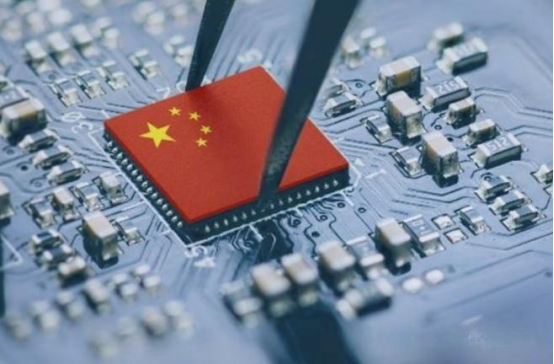
In preparation for these potential tariff hikes, Microsoft, HP, and Dell are taking steps to secure their supply chains. Microsoft has instructed its suppliers to increase production of essential components for its cloud infrastructure, particularly in November and December. The goal is to stockpile parts before the tariffs are put into effect. Microsoft has also asked suppliers to move production outside of China, including relocating Xbox assembly lines and shifting Surface production to non-Chinese regions by the end of 2024.
Similarly, both HP and Dell are adjusting their procurement strategies. These two companies are some of the world’s largest PC manufacturers, and they are taking steps to minimize their reliance on Chinese-made components. Reports suggest that HP and Dell have asked their suppliers to ramp up production in November and December to build inventory before the tariffs hit. The companies are also reviewing their production plans for 2025 to reduce their dependence on Chinese parts for laptops and desktops.
HP is reportedly reshuffling its procurement system and shifting procurement power back to North America. This restructuring includes appointing foreign supervisors to oversee Chinese procurement teams. HP’s supply chain management has also been expanded to include IT and information security, under the leadership of Ernest Nicolas, the company’s supply chain head.
As a result of these increasing tariffs, U.S. companies are looking to shift their production away from China. A Chinese component manufacturer, which supplies parts to HP, Apple, and Microsoft, confirmed that many U.S. clients are eager to move their production lines out of China as quickly as possible. Over the next few months, any Chinese-manufactured parts will likely be sent to countries that are not impacted by U.S. tariffs, in order to continue production without disruption.
Dell has also been making moves to reduce its reliance on Chinese-made components. Back in early 2023, Dell informed its supply chain that it planned to phase out the use of chips made in China, including both Chinese and non-Chinese manufacturers. Dell aims to move 50% of its production out of China by the end of 2025, which would allow the company to diversify its manufacturing base and reduce exposure to rising tariffs.
In August 2023, Nikkei Asia reported that HP was planning to move more than 50% of its PC production out of China by 2025 to mitigate geopolitical risks. While HP has maintained that China remains an important part of its global supply chain, it has not completely ruled out shifting some production to other countries. The company has emphasized that it is committed to its production in Chongqing but is also exploring options to move certain lines overseas.
As the threat of higher tariffs looms, U.S. companies like Microsoft, HP, and Dell are taking proactive steps to secure their supply chains. By stockpiling Chinese-made parts and shifting production outside of China, these companies hope to avoid the impact of the new tariffs. As 2024 approaches, it’s clear that the landscape for global manufacturing will continue to change, as companies look to minimize their exposure to political and economic risks.
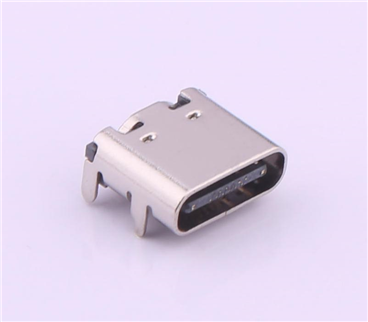
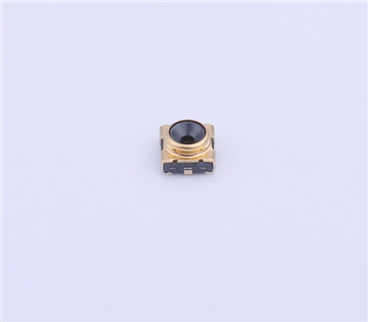
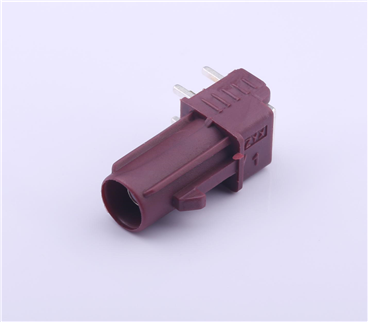
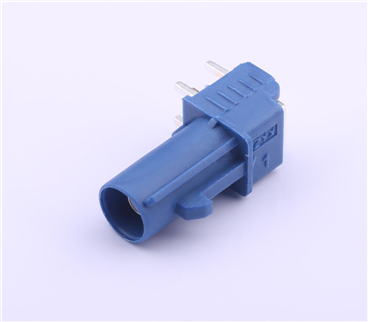
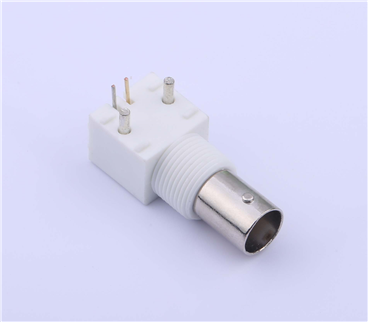
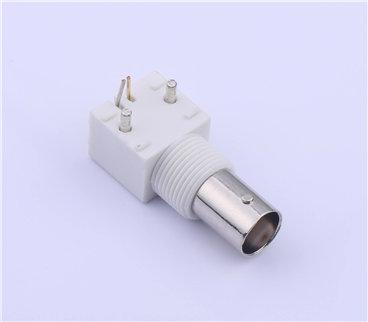
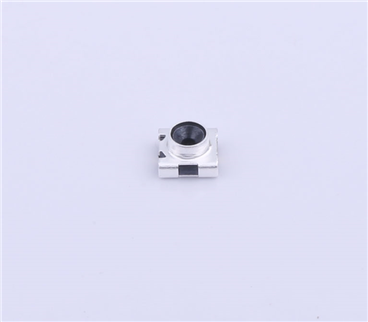
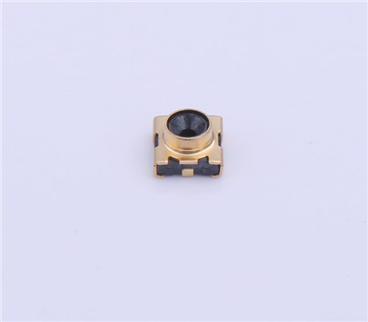
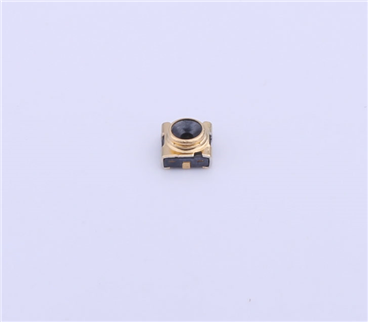
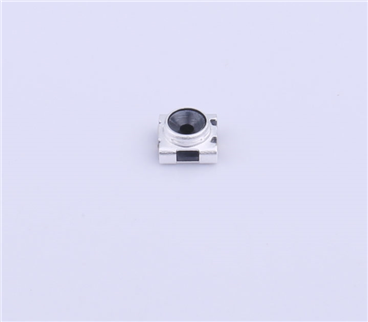
Copyright © Shenzhen Kinghelm Electronics Co., Ltd. all rights reservedYue ICP Bei No. 17113853